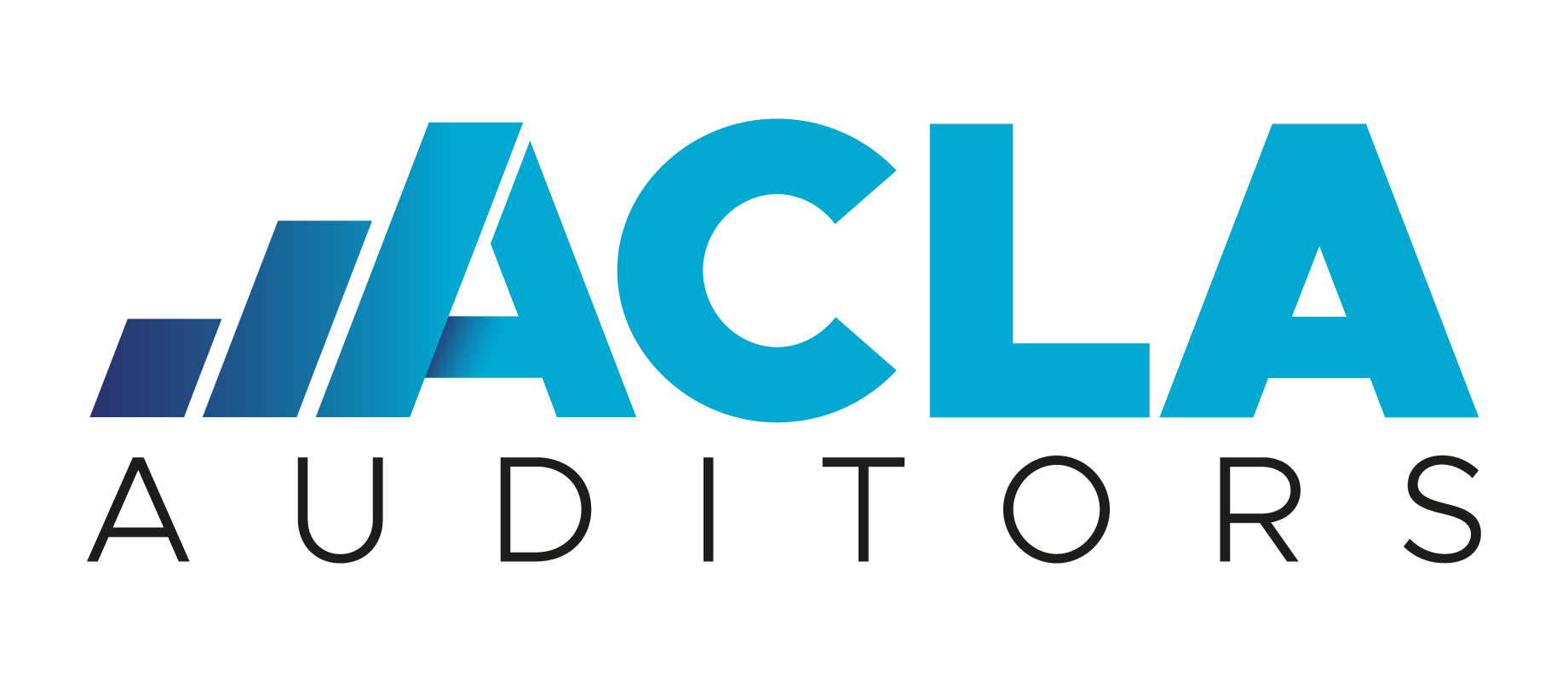What is One-Stop-Shop (OSS)?
The OSS is a platform which serves as a simplified VAT reporting and payment system for businesses involved in distance sale transactions within the EU. This means that the business is not required to register in each individual EU country for VAT purposes to file VAT returns because the EU threshold of €10,000 sales was exceeded.
The most important facts about OSS
- You must register for OSS when the distance sales threshold in any EU member state of €10,000 is exceeded (transactions that fall within the threshold are the intra-community distance sales and digital services (e.g. streaming or e-books).
- OSS allows each business to report and pay VAT on the cross-border sales in a signed EU member state, rather than registering to AT in each individual EU member state where the business has customers.
- Registration to OSS is voluntary.
- OSS reports are submitted quarterly within one month of the end of the previous quarter.
- The payable VAT is paid centrally using the OSS and the relevant authority sends the VAT amounts to each relevant EU country.
- The B2C sales are only reported in the OSS (B2B sales are not reported in OSS).
- Online sellers cannot declare local B2C supplies (reported in local VAT return).
- There is no need for issuing of invoices to report intra-community distance sales through OSS.
- By using the OSS, every transaction has to be reviewed to assess whether it qualifies for the OSS or whether has to be reported in the local VAT return. ACLA AUDITORS can assist you handle this distinction automatically and further assist you with the preparation of the relevant form.
What transactions cannot be reported via OSS:
- Local B2C and B2B supplies.
- Such supplies are reported in local VAT return.
- Intra-community transfer of goods:
- In the country of destination of the goods, a taxable intra-community acquisition generally exists. The payable VAT for the intra-community acquisition is regularly deductible as VAT input in the destination country (provided that the VAT input regulations are met).
- Since intra-community transfer of goods cannot be declared vis OSS, therefore local VAT registration in the country of destination is required to be VAT compliant.
- B2B supplies of goods.
